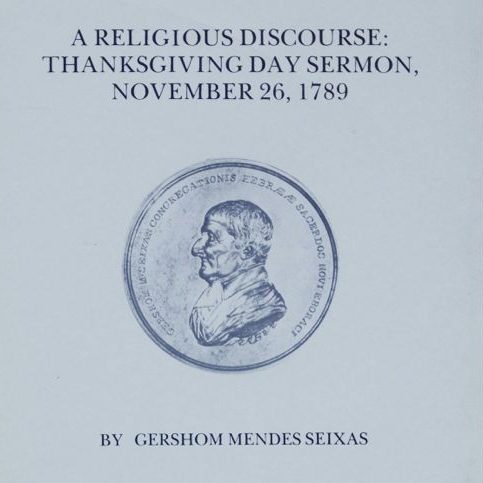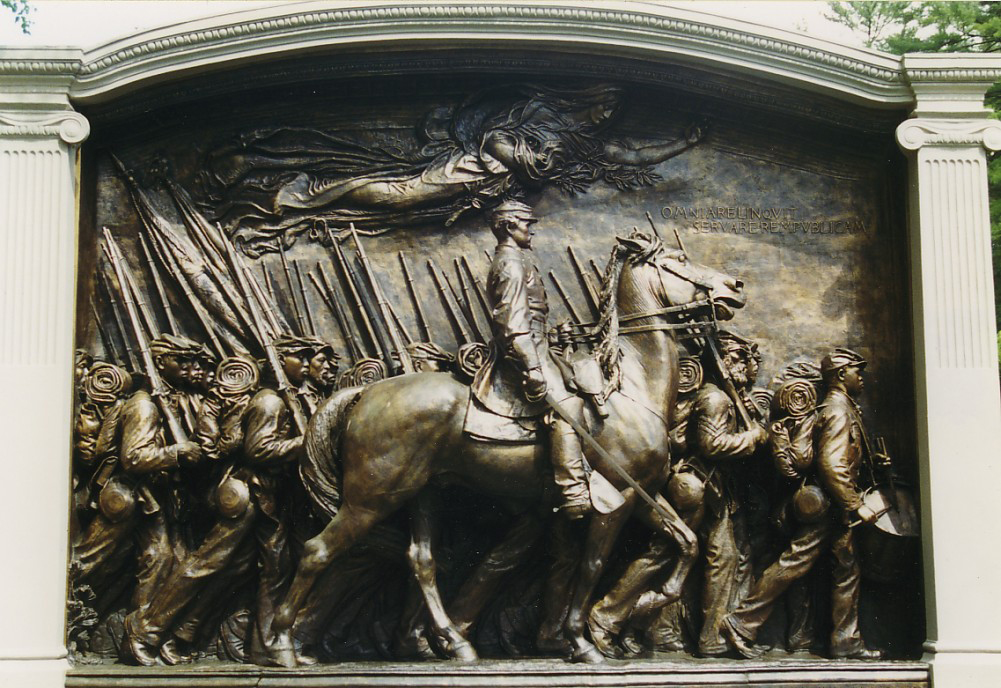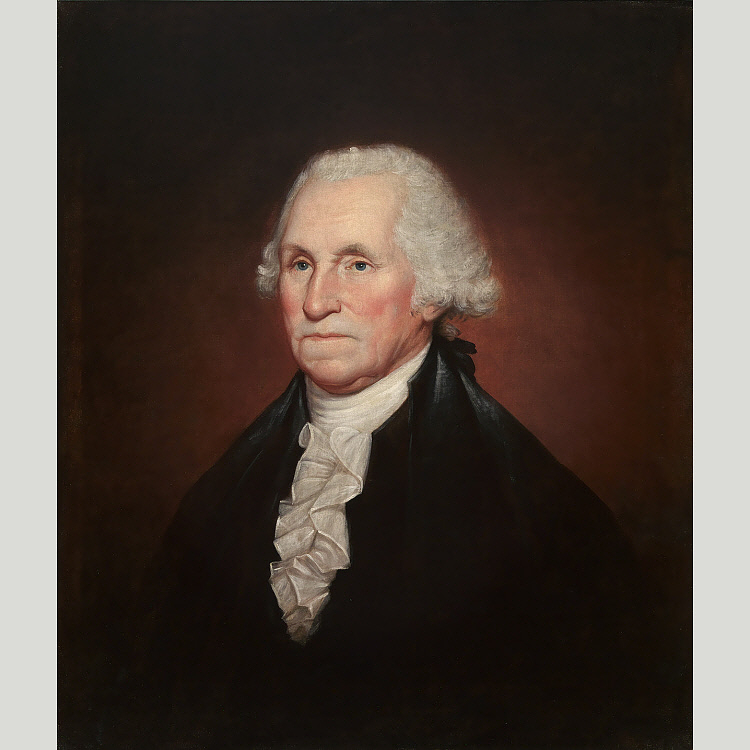Thanksgiving
Thanksgiving is a holiday celebrated throughout American history. Arising in the tradition of giving thanks to God for deliverance from some evil or for the enjoyment of some blessing, it was early on connected in America with the tradition of a harvest festival, thus becoming a fall holiday.
One of the traditions that the colonists brought with them from Europe was the proclamation by the head of state or a religious figure of a day of thanksgiving for deliverance from some evil or for the enjoyment of some blessing. The colonists also brought with them a tradition of a harvest feast. These two traditions merged in the United States into the Thanksgiving holiday.

Sketch by Alfred Waud of Thanksgiving in camp (of General Louis Blenker) during the U.S. Civil War in 1861
Thanksgiving is associated with the Pilgrims in early Massachusetts, but similar celebrations are claimed for Virginia before the Pilgrims arrived. French and Spanish settlers are reported to have held thanksgiving celebrations in North America before the English speakers did.
With the custom already established in the colonies, the Continental Congress and the new state governments regularly proclaimed days of thanksgiving, often as times for prayer and humiliation as well as for rejoicing at blessings. President George Washington proclaimed the first (harvest-time) Thanksgiving for the new federal republic in 1789.

Home to Thanksgiving, lithograph by Currier and Ives (1867), LOC
Washington’s proclamation did not establish the tradition of a national holiday. It was not until Abraham Lincoln’s proclamation in the midst of the Civil War (1863) setting Thanksgiving as the last Thursday in November that Thanksgiving as we know it began to take shape. The holiday has been observed every year since Lincoln proclaimed it. In 1939, Franklin Roosevelt proclaimed the fourth Thursday as Thanksgiving, a date fixed by Congressional resolution in 1941.

Thanksgiving, 1942. Four of Mr. and Mrs. Wayman E. Fincham’s six warrior sons return to their home in Silver Spring, Maryland, for Thanksgiving. Five of the brothers joined the Coast Guard and the other enlisted in the Army. The oldest brother is with Uncle Sam’s fighting forces overseas, and the youngest is in training. Mr. and Mrs. Fincham proudly display six stars in the window of their home to tell the world their sons are fighting for freedom.
Thanksgiving seems a typically American celebration not only in its focus on abundance, but in its mixing of religion in our national life, despite our insistence on the separation of church and state. It seems American in other ways too. Roosevelt reportedly changed the date of Thanksgiving to lengthen the shopping season, hoping for a boon to the still depressed economy. Republicans objected to the change as a slight to the memory of Lincoln. Then heavily democratic Texas refused to go along with the change in date for almost two decades. Some Native Americans object to the holiday as a celebration of European conquest, while others claim precedents for it in their own traditions. Thanksgiving is political wrangling, commercial opportunism, football, religion and politics – all propelled by a still significant sense that America is somehow God’s chosen land, and that for all this we should give thanks.




